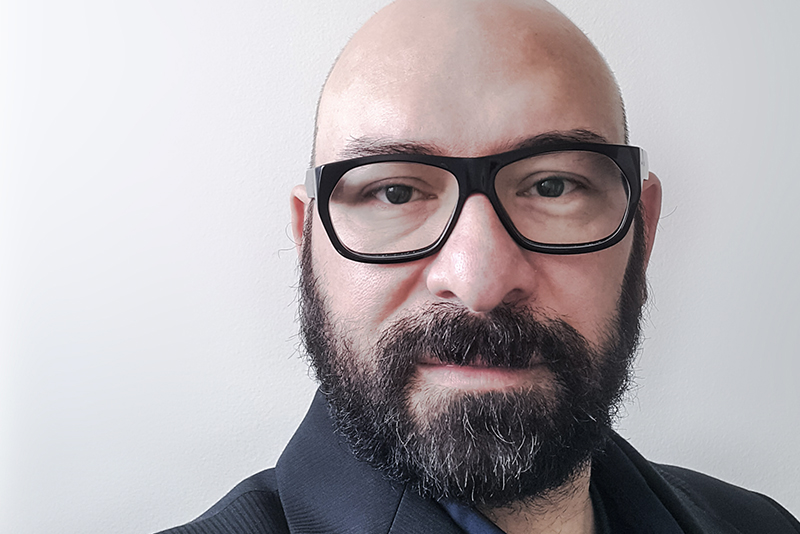
AI Seminar
Neural Architecture
This event is free and open to the publicAdd to Google Calendar

Location
Zoom link (if asked for a password: MichiganAI)
Abstract
Neural architecture is the field of architecture that is primarily preoccupied with interrogating the emergent field of artificial neural networks (ANNs) as a method of designing architecture. This lecture presents an attempt to utilize Deep Learning and Machine Learning to capture the salient features of existing architecture in order to interrogate this data for their underlying architectural qualities. What is meant by underlying architectural qualities? The rational explanation would include aspects such as spatial layout, sectional distribution of volumes, the dialog with its environment, the volumetric balance, the material qualities of the design, the structural properties, and so on and so forth. All of these are things that can be explored with the help of Machine Learning processes.
However, the ambition of the projects in this lecture maintains that architecture is more than just an assemblage of rational properties. This might explain the obsession with Neural Art, which represents an excellent mirror of our contemporary age, particularly regarding our shared agency with quasi-intelligent machines and their observation of the world. Can architecture do the same? Can Neural Networks help interrogate the latent layers within the geological deposits of the history of the architecture discipline and then assemble those found features into hitherto unseen designs?
Bio
Matias del Campo is an Associate Professor at Taubman College for Architecture and Urban Planning, University of Michigan, and director of the AR2IL – The Architecture and Artificial Intelligence Laboratory at UoM. Here he conducts research on advanced design methods in architecture, primarily through the application of Artificial Intelligence techniques in collaboration with Michigan Robotics and the Computer Science department. Co-founded by Matias del Campo and Sandra Manninger, the architecture practice SPAN is a globally acting practice best known for their application of contemporary technologies in architectural production. Their award-winning architectural designs are informed by advanced geometry, computational methodologies, and philosophical inquiry. SPAN gained wide recognition for its winning competition entry for the Austrian Pavilion at the 2010 Shanghai World Expo, as well as the new Brancusi Museum in Paris. Most recently Matias del Campo was awarded the Accelerate@CERN fellowship, the AIA Studio Prize, and was elected into the boards of directors of ACADIA and IJAC the International Journal of Architectural Computing. SPAN’s work is in the permanent collection of the FRAC, the MAK in Vienna, the Benetton Collection, the Albertina in Vienna, and several private collections.
SPAN’s work was featured at Venice Biennale in 2012; at ArchiLab 2013 in Orléans, France; at the Architecture Biennale in Vienna and Buenos Aires in 2019; and in the solo shows, “Formations,” at the Museum of Applied Arts (MAK) in Vienna and a solo exhibition “Sublime Bodies” at the Fab Union Gallery in Shanghai, China.
He earned his Master of Architecture from the University of Applied Arts Vienna and his PhD from the Royal Melbourne Institute of Technology.
 MENU
MENU 
